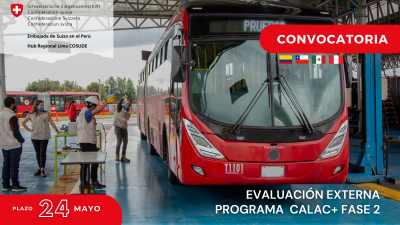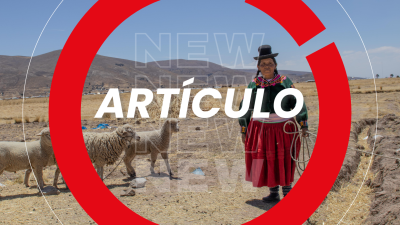Findings on human mobility in the context of climate change from the Nansen Initiative Regional Consultations. Practical experiences from regional and international organizations, national governments, and civil society in affected regions for implementing 14(f) of 2010 Cancun Adaptation Framework.
Each year millions of people are displaced by disasters linked to natural hazards, including hurricanes, flooding, drought, landslides, and erosion. According to the International Panel on Climate Change (IPCC), climate change is expected to increase the frequency and intensity of such events. Consequently, the displacement of people over the 21st century is also projected to rise.
With the adoption of paragraph 14(f) of the 2010 Cancun Adaptation Framework, Parties to the United Nations Framework Convention on Climate Change (UNFCCC) recognized “climate-change induced displacement, migration, and planned relocation” as an adaptation challenge, and invited Parties to undertake measures to enhance “understanding, coordination, and cooperation” in this respect.
Four years later, it is time to take stock of how states and other actors are addressing the issue of human mobility (displacement, migration, and planned relocation) within climate change adaptation policies and programmes, including through the implementation of National Adaptation Plans (NAPs). It is also an occasion to reflect on possibilities to integrate human mobility into a potential agreement on climate change, expected to emerge from the COP 21 in Paris in 2015.
This side event will bring together a high-level panel comprising representatives from governments, NGOs, and academic institutions working on human mobility in the context of natural hazards and climate change. It will showcase relevant practical experiences, policies and programmes pursued by governments, as well as regional and international organizations that address human mobility within climate change adaptation efforts in various regions of the world. The panel will present the findings of the Nansen Initiative Regional Consultations on cross-border displacement in the context of natural hazards and climate change held to date in Central America, the Pacific, the Greater Horn of Africa, and Southeast Asia and will examine the importance of including human mobility in the national and regional adaptation efforts, including NAPs. Looking ahead to the COP 21 climate change negotiations, the panel will also provide insight on the importance of integrating human mobility considerations into a potential international agreement on climate change in 2015.
Speakers: Panelists include representatives from the Nansen Initiative, as well as other governments, regional organizations, civil society, and international organizations with direct experience responding to human mobility in regions impacted by climate change
Source: The Nansen Initiative








